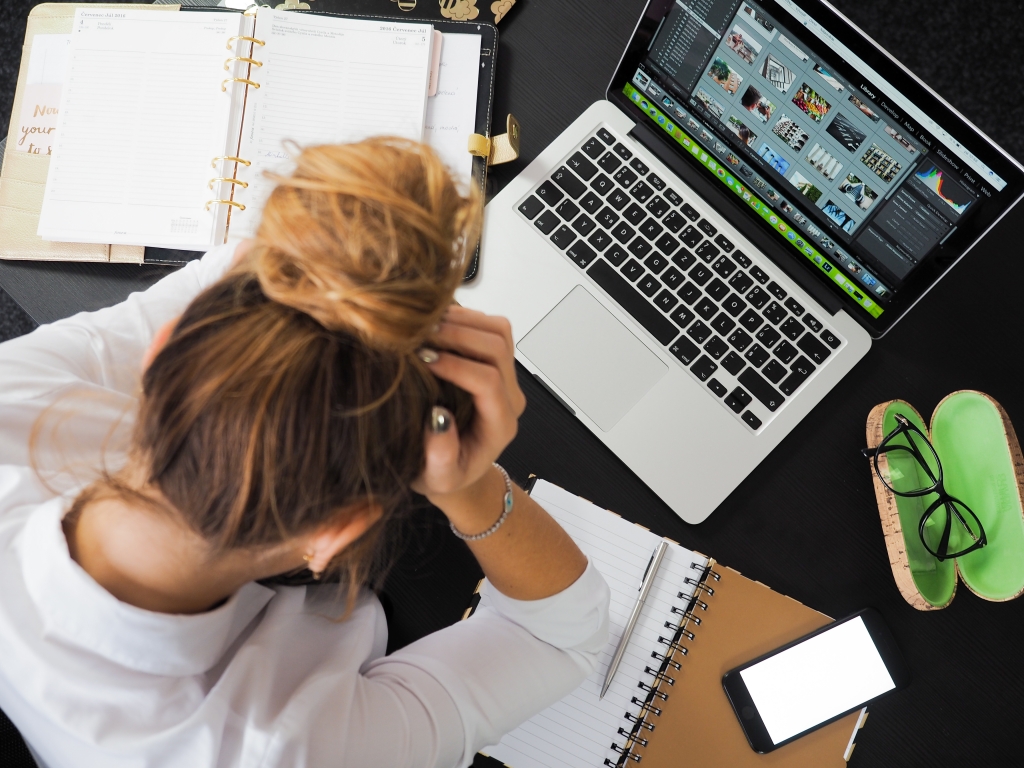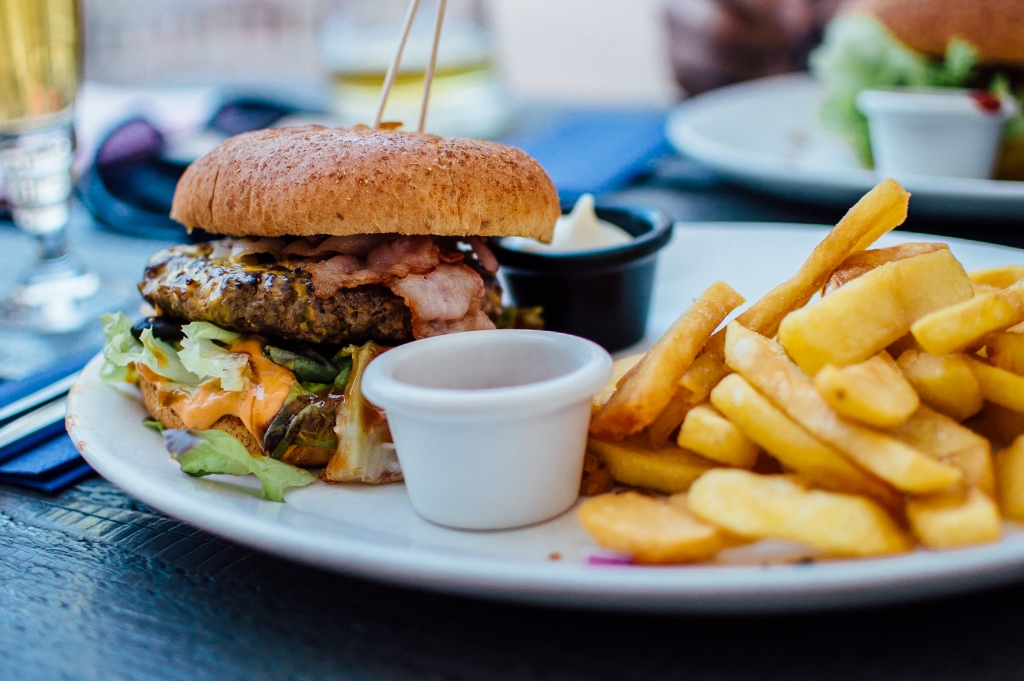8 Habits which can Increase Chronic Pain
There are a range of medications, procedures and therapies that are known to efficiently manage chronic pain conditions – however, it should be acknowledged that not all methods of lessening pain have to be suggested by a medical professional. Making small changes to everyday life has been found to decrease chronic pain, making it easier to cope with living day-to-day life.
There are several well known behaviours and habits that have been found to increase symptoms of chronic pain, here are eight examples:
 | 1. Smoking Studies tell us that smoking makes existing chronic pain worse and puts the individual at a higher risk of developing chronic pain in the first place. The use of tobacco and nicotine decreases the amount of oxygen that reaches the muscles, making it harder for them to be used efficiently. It also causes fatigue, lung disorders and can make it harder for the body to heal itself. |
 | 2. Not engaging in physical activity A sedentary lifestyle can lead to muscle disuse syndrome. Over time, muscles that are barely used lose their strength and endurance. Weak muscles are much less efficient, meaning it takes more work to complete simple tasks. It is a well known fact that even small increases in physical activity can lessen the severity of pain. |
 | 3. Stressing Out Stress increases your heart rate, which makes you breathe faster and tightens your muscles. In addition to this, stress can cause agitation and anxiety, which is known to intensify feelings of pain. Practising techniques like deep breathing and relaxation can reduce stress and by extension, certain forms of pain. |
 | 4. Focusing on Your Pain Your brain can only focus on so much at one time. Turning your attention elsewhere decreases the amount of energy your brain can spend on your pain. |
 | 5. Being Non-compliant With Pain Meds Some individuals may be scared of addiction or the potential side effects of taking medication. It is important people are trusting and open with their doctors about the concerns they have with treatment – this way they may be able to tailor their prescription to something they are comfortable with. |
 | 6. Eating Junk Food Refined sugar and saturated fats don’t give your body the fuel it needs to operate efficiently. It is a well known fact that eating healthy meals can help increase both your mental and physical well-being. |
 | 7. Drinking Alcohol Not only does alcohol decrease the rate of transmission of some kinds of nerve impulses in the brain, it can also interact harmfully with medications, including over-the-counter painkillers. |
 | 8. Overdoing It Overdoing things on days when you feel good can have negative consequences. While it may be very tempting to tackle your entire to-do list on a day when you have virtually no pain, you can set yourself back for several days as you recover. It is better to keep a steady level of activity from day to day—one that you know your body can handle. |
For more information on strategies to deal with Chronic Pain visit The London Pain Clinic where Dr Jenner discusses a range of pain conditions.
Dr Jenner and Dr Ramos-Galvez are Experts in all types of Pain Conditions – they take instructions for both personal injury and clinical negligence cases. For any enquiries, please contact us on 0207 118 0650, info@medicolegal-associates.com or fill out a contact form on our site.
